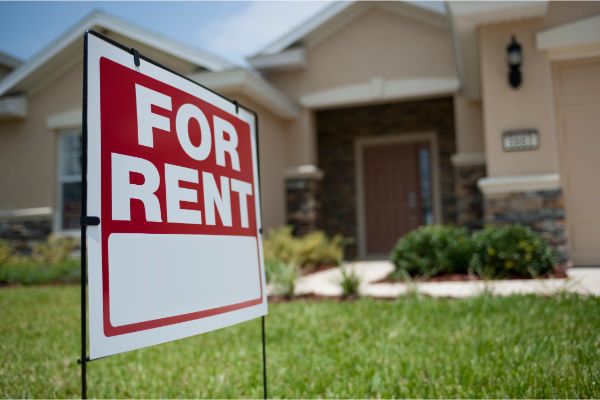In early 2020, Arizona lawmakers introduced some proposed bills to the state’s House of Representatives that were aimed at increasing the number of regulations that would apply to short-term rental homes. The ostensible targets of the proposal were the sorts of properties available to lease briefly via vacation rental sites like VRBO and the more popular Airbnb.
These bills would have worked to undo elements of a 2016 state law that forbade cities from regulating vacation rentals with the intent of helping Arizona residents make some extra money by renting space for brief periods, and would have expanded upon regulations passed in 2019 that apply fines and other penalties for “verified violations” of laws and ordinances.
Since the initial law passed, the number of short-term rentals in Arizona has skyrocketed—and many owners of these properties are out of state or even out of country, with some even owned by large foreign corporations. The main impetus for the proposed bills—put forward by Representative John Kavanagh and Senator Brophy McGee—has been the growing number of complaints that have emanated from all across Arizona claiming that short-term rental properties have been transforming into places to party. Some contend this can have negative effects on surrounding property values and on the enjoyment of other neighborhood residents of their own homes.
The bill proposed by McGee would have limited the number of times an owner may rent a property to just once a month, if the property is not the owner’s primary or secondary residence—though it would have made allowances for more frequent rentals if municipalities took the steps to permit them. The bill did not pass.
The bill proposed by Kavanagh would have permitted municipalities to pass rules that would limit the number of people who could stay in a home, require use of on-site parking where available, ban smoking outdoors, and require the installation of sound meters. Yet in early March 2020, these new regulations, too, failed to pass.
Both bills were criticized as being potentially destructive to property rights. So for now, the situation stands.
If you’re looking to engage with the real estate market in Scottsdale or anywhere else in the state of Arizona, you’ll need an experienced attorney with strong scruples on your side. Provident Law’s real estate attorneys represent parties on either side of real estate and financing transactions, including buyers, sellers, landlords, tenants, lenders, borrowers, trustees, guarantors, shareholders, partners, and others. We structure, negotiate and document a variety of real estate and financing transactions, such as leases, purchase and sale agreements, loans and development agreements for a variety of commercial and residential projects. Contact us for more details.
Christopher J. Charles is the founder and Managing Partner of Provident Law ®. He is a State Bar Certified Real Estate Specialist and a former “Broker Hotline Attorney” for the Arizona Association of REALTORS ® (the “AAR”). Mr. Charles holds the AV ® Preeminent Rating by the Martindale-Hubbell Peer Review Ratings system which connotes the highest possible rating in both legal ability and ethical standards. He serves as an Arbitrator and Mediator for the AAR regarding real estate disputes; and he served on the State Bar of Arizona’s Civil Jury Instructions Committee where he helped draft the Agency Instructions and the Residential Landlord/Tenant Eviction Jury Instructions.
Christopher is a licensed Real Estate Instructor and he teaches continuing education classes at the Arizona School of Real Estate and Business. He can be reached at Chris@ProvidentLawyers.com or at 480-388-3343.


